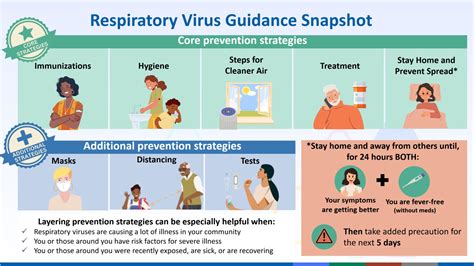Intro
Learn the average respiratory virus duration and reduce recovery time with 7 expert tips, covering symptoms, prevention, and treatment for common respiratory viruses, including COVID-19, flu, and RSV.
Respiratory viruses are a common cause of illness, affecting millions of people worldwide every year. These viruses can cause a range of symptoms, from mild to severe, and can affect anyone, regardless of age or health status. Understanding the duration of respiratory viruses is crucial in managing symptoms, preventing the spread of infection, and reducing the risk of complications. In this article, we will delve into the world of respiratory viruses, exploring their types, symptoms, and duration, as well as providing tips on how to manage and prevent them.
The duration of respiratory viruses can vary depending on the type of virus, the individual's immune system, and the severity of symptoms. Some respiratory viruses, such as the common cold, can resolve on their own within a few days, while others, like influenza, can last for several weeks. It is essential to understand the different types of respiratory viruses, their symptoms, and how to manage them to reduce the risk of complications and promote recovery.
Respiratory viruses can be spread through the air, by touching contaminated surfaces, or by close contact with an infected person. They can cause a range of symptoms, including coughing, sneezing, runny nose, sore throat, and fever. In severe cases, respiratory viruses can lead to pneumonia, bronchitis, and other complications, especially in vulnerable populations such as the elderly, young children, and people with underlying health conditions.
Understanding Respiratory Viruses

Types of Respiratory Viruses
There are many types of respiratory viruses, each with its own set of symptoms and duration. Some of the most common types of respiratory viruses include: * Rhinoviruses: These viruses are the most common cause of the common cold and can cause symptoms such as runny nose, coughing, and sneezing. * Coronaviruses: These viruses can cause a range of symptoms, from mild to severe, and can lead to pneumonia and other complications. * Adenoviruses: These viruses can cause symptoms such as sore throat, coughing, and runny nose, and can lead to pneumonia and other complications. * Influenza viruses: These viruses can cause symptoms such as fever, coughing, and body aches, and can lead to pneumonia and other complications.Managing Respiratory Viruses
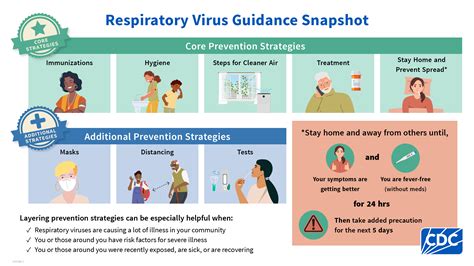
Prevention Strategies
Preventing respiratory viruses requires a combination of good hygiene, vaccination, and healthy lifestyle habits. Here are some prevention strategies: * Get vaccinated: Getting vaccinated against influenza and other respiratory viruses can help to reduce the risk of infection and complications. * Practice good hygiene: Washing hands frequently, avoiding close contact with infected people, and avoiding touching the face can help to prevent the spread of infection. * Stay healthy: Eating a healthy diet, getting regular exercise, and managing stress can help to boost the immune system and reduce the risk of infection.Tips for Reducing the Duration of Respiratory Viruses
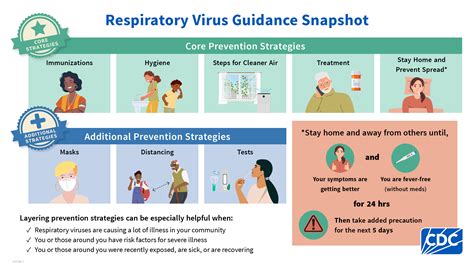
Complications of Respiratory Viruses
Respiratory viruses can lead to complications, especially in vulnerable populations such as the elderly, young children, and people with underlying health conditions. Some of the most common complications of respiratory viruses include: * Pneumonia: This is a serious infection that can cause symptoms such as fever, coughing, and difficulty breathing. * Bronchitis: This is an inflammation of the airways that can cause symptoms such as coughing, wheezing, and shortness of breath. * Sinusitis: This is an inflammation of the sinuses that can cause symptoms such as headache, facial pain, and nasal congestion.Conclusion and Next Steps
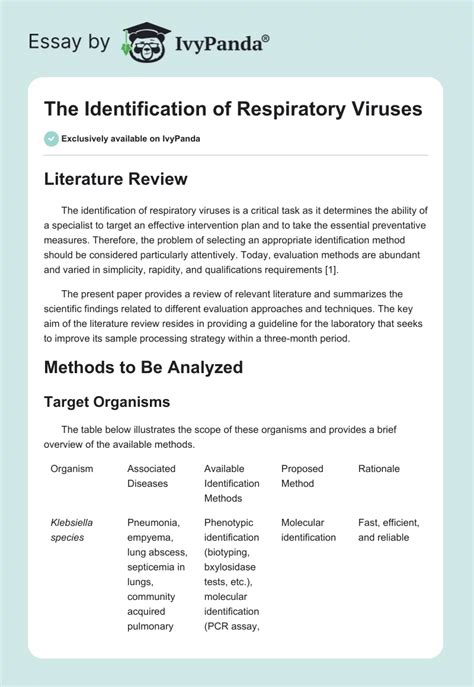
We invite you to share your experiences and tips on managing respiratory viruses in the comments section below. If you have any questions or concerns, please do not hesitate to reach out to us. Remember to stay healthy, practice good hygiene, and get vaccinated to reduce the risk of respiratory viruses.
What are the most common types of respiratory viruses?
+The most common types of respiratory viruses include rhinoviruses, coronaviruses, adenoviruses, and influenza viruses.
How can I prevent the spread of respiratory viruses?
+Preventing the spread of respiratory viruses requires a combination of good hygiene, vaccination, and healthy lifestyle habits, such as washing hands frequently, avoiding close contact with infected people, and getting vaccinated.
What are the complications of respiratory viruses?
+Respiratory viruses can lead to complications, such as pneumonia, bronchitis, and sinusitis, especially in vulnerable populations such as the elderly, young children, and people with underlying health conditions.
Additional Resources
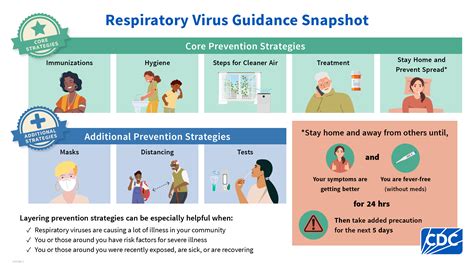
Final Thoughts
In final thoughts, respiratory viruses are a common cause of illness, affecting millions of people worldwide every year. By understanding the duration of respiratory viruses, managing symptoms, and preventing the spread of infection, individuals can reduce the risk of complications and promote recovery. Remember to stay healthy, practice good hygiene, and get vaccinated to reduce the risk of respiratory viruses.Future Research Directions
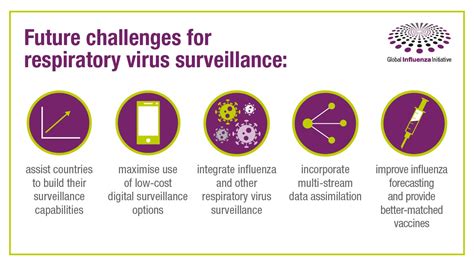
Implications for Public Health
The implications of respiratory viruses for public health are significant, as they can cause widespread illness and death, especially in vulnerable populations. Public health strategies, such as vaccination campaigns and infection control measures, can help to reduce the spread of respiratory viruses and prevent complications.Global Perspective

Cultural and Social Factors
Cultural and social factors can play a significant role in the spread of respiratory viruses, as they can influence behavior and attitudes towards infection control and prevention. For example, in some cultures, close contact with family and friends is highly valued, which can increase the risk of transmission.Technological Advances

Policy and Practice
Policy and practice can play a significant role in reducing the spread of respiratory viruses, as they can influence behavior and attitudes towards infection control and prevention. For example, policies that promote vaccination and infection control measures can help to reduce the spread of respiratory viruses.Education and Awareness
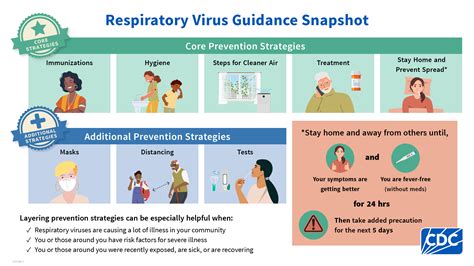
Community Engagement
Community engagement is critical in reducing the spread of respiratory viruses, as it can help to promote behavior change and improve attitudes towards infection control and prevention. For example, community-based initiatives that promote vaccination and infection control measures can help to reduce the spread of respiratory viruses.Final Thoughts and Recommendations
